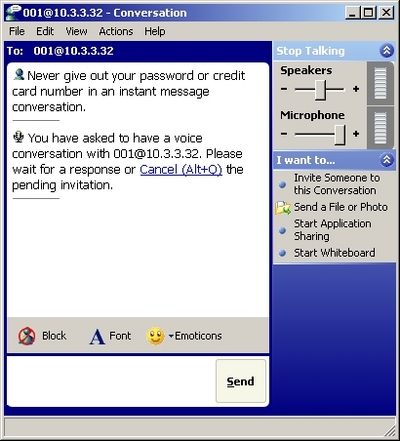

In the end, Bill Gates' company put a full stop to the software after purchasing Skype and simplifying the migration of users from MSN to this app, with many more functions and better adapted to the new user demands and possibilities offered by Android and iOS smartphones and tabtablets eatures WhatsApp and other messaging apps started winning over its usersand it ended up gobbled up by the new uses of user-level technology. Well, although we've already told you part of its story, you already know how it all ends: along came the smartphones and Facebook appeared as a very powerful social channel with which it managed to coexist for some time.

It was the most popular platform to chat and send text messages between friends, family, and workmates.

Previously known as MSN Messenger, this software became one of the most popular programs among users from all over the world to chat with, evolving through the different versions of Windows (XP, Vista, and 7) until it became Windows Live Messenger, a more sophisticated program built into the Windows Live communication package, which also includes others tools of the likes of Windows Live Mail, Windows Live Writer or Photo Gallery. At first, we had the IRC, that became quite popular back then until Microsoft's Messenger returned to its underground status. Before the huge impact made by WhatsApp on the one hand, and Facebook, Twitter, and social networks in general, on the other, you'll recall the presence of instant messaging and chat systems that didn't have anything to do with smartphones.


 0 kommentar(er)
0 kommentar(er)
